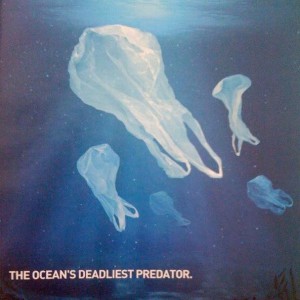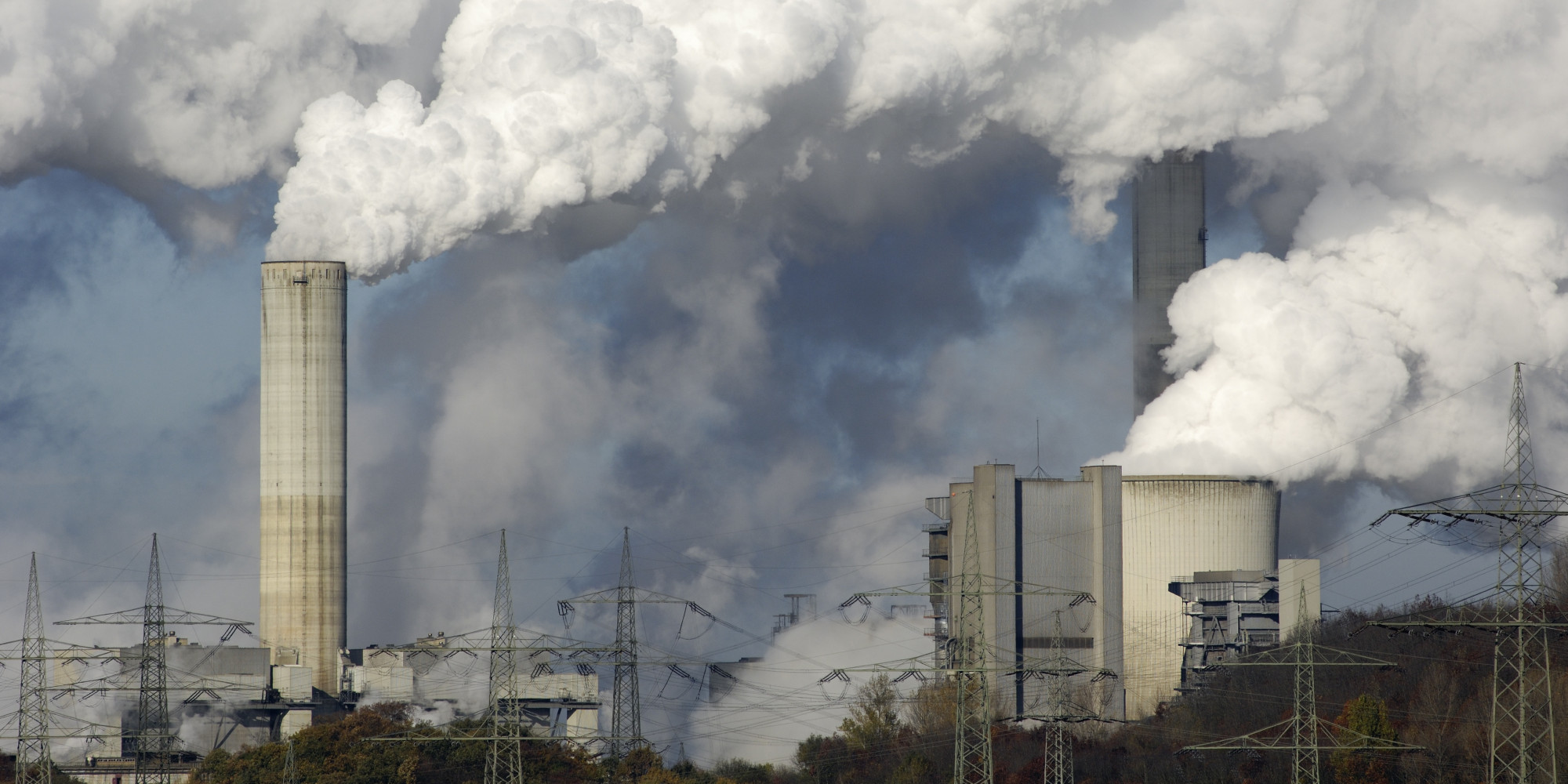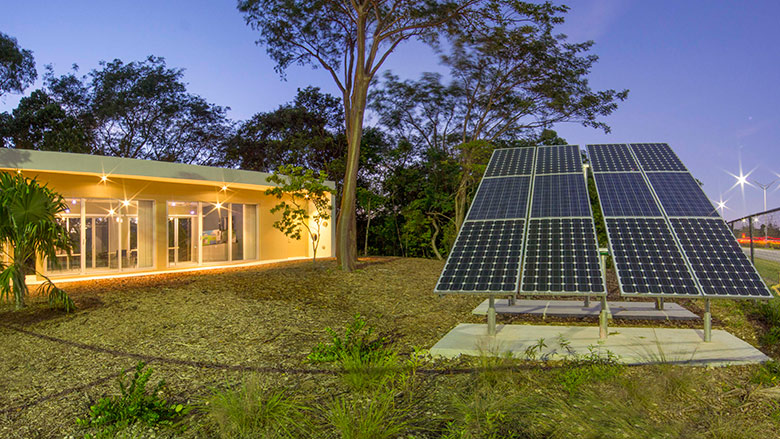If the title of this article caught your attention, then it served its purpose. Don’t worry, this is not a bait & switch. An arguably more accurate (though less concise) title might have been “Un-Learning bad habits about recycling through a deeper understanding of what really happens to the stuff you’re sending to the recycling facility that you shouldn’t.” So let’s un-learn a few things about recycling, shall we?

Recycling is great when it’s done right. When done correctly, recycling reduces the amount of waste sent to landfills, slows resource depletion, and diminishes the greenhouse gases (GHGs) associated with resource extraction and processing “stuff” from raw materials, and kills fewer whales and other sea creatures such as sea turtles who mistake plastic bags for their natural food, jelly fish.
When Recycling Works:
The extraction and processing of raw aluminum is extremely energy and GHG intensive. This is why recycling aluminum cans is such a great idea. Aside from reducing the waste stream, recycling a single 12 oz. can saves enough energy to power a TV for nearly three hours! Other materials such as water bottles get ‘upcycled’ into shower curtains, clothing, and all sorts of useful stuff. Glass becomes high-end kitchen counters, other building materials, and might end up in some surprising places you can ask me about directly.
I think IÂ’ve made my case for recycling. IÂ’m all for it when itÂ’s done right.
But when it’s done wrong then you might actually be creating a problem. Putting the wrong items into recycling is called contamination. While pizza boxes with food residue is a common no-no most people have learned not to do anymore, the recycling companies are given huge “contamination headaches” in form of plastic bags, and garden hoses, and all sorts of stuff that only causes problems.
Much of what we put in our recycling bins, because we THINK it’s going to be recycled, and we WANT it to be recycled, and because it might even state that it’s “recyclable,” might very well be causing a bigger problem than the one you think you’re solving. Don’t shoot the messenger here. I’m not trying to burst your bubble and I’m not here to discourage recycling. The purpose of this article is to help you get it right… or at least less wrong:
Two Realities:
- Just because you WANT it to be recycled doesnÂ’t mean it will be.
- Just because a material says itÂ’s RECYCLABLE doesnÂ’t mean the recycling company will recycle it. If they donÂ’t have a market (a buyer) for the material then it becomes part of their waste stream and itÂ’s going into the landfill.
IÂ’m sorry to break the bad news to you but thatÂ’s just the way it is.
All non-recyclable material sent to the recycling facility causes problems. But some are worse than others. I mentioned garden hoses and plastic bags as being among the biggest headaches for recyclers. Most industrial recycling companies such as Waste Management (WM) and Progressive do not recycle single-use plastic bags, you know, the ones every convenience and grocery store in town gives out like dinner mints. ThatÂ’s right, IÂ’m talking about the type of bags many cities (and countries) have banned, with good reason! This plastic tumbleweed is not only an environmental nightmare, clogging storm drains and the throats of sea creatures. TheyÂ’re a headache for recyclers. How much of a headache? Let me tell you.
ThereÂ’s a large machine at the WM recycling facility in Pembroke Pines called the Star Screen Roller. This machine, with large rubber gears is used for sorting cardboard. However, when plastic bags come along (as they do every day) they get wrapped around the gears and gum up the works. Twice (TWICE!) a day operations must be stopped while a worker performs the dangerous, tedious, and costly task of crawling across the machine to cut away the plastic bags with a knife.
So What Now?
While it’s best to avoid these polyethylene bags altogether, I know it’s a hard habit to break. Baby steps! (And see our next article) I love the motto: “Reuse before Recycle!” So here’s what you should be doing: Once your plastic bags are no longer useful, don’t trash them! Take them to a Publix or Staples where they accept these bags. Through a special recycling stream, they get turned into plastic “lumber” for decking and benches, among other things.
WhatÂ’s the solution? THINK. LEARN. CARE. Not necessarily in that order.
- If you CARE enough, youÂ’ll pay attention, pass the word, andÂ…
- LEARN what belongs in recycling and what does not.
- THINK about every item you toss into the recycling bin. In other words, Keep Your Cart Happy. (30-sec. video)
Additional guidance on residential recycling.
And enjoy this informative 2½ video from Waste Management.
Article written by Greg Hamra, a Miami native and a lifelong educator specializing in corporate sustainability, communications skills, green building, and general environmental pursuits. Greg is a LEED AP and the Senior Sustainability Educator Everblue Training. Follow Greg on Twitter @greghamra.







